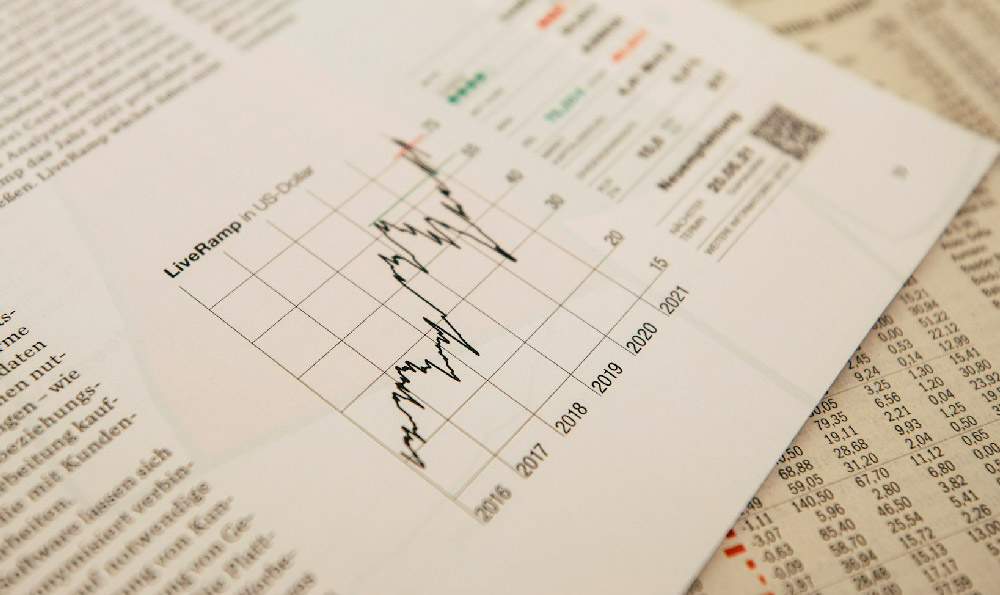
Gold has captivated investors for centuries, revered as a safe haven asset during economic uncertainty and a store of value against inflation. Its enduring appeal stems from its inherent scarcity, tangible nature, and global recognition. However, navigating the world of gold investment requires careful consideration, and the suitability of platforms like Robinhood for this purpose demands scrutiny.
Investing in gold isn't a one-size-fits-all approach. Several avenues are available, each with its own characteristics and associated risks. One traditional method involves acquiring physical gold in the form of bars, coins, or jewelry. While the allure of owning tangible gold is undeniable, it comes with practical challenges. Secure storage is paramount, necessitating either a home safe or a professional vault, both of which incur costs and security concerns. Insurance is also essential to protect against theft or damage. Furthermore, selling physical gold can involve transaction fees and potential delays, and the spread between the buying and selling price (the difference between what a dealer will pay to buy gold from you and what they charge to sell it) can erode profits. Authenticity is also a concern; you need to be sure the gold is genuine.
Another approach is to invest in gold mining stocks. These companies explore for, extract, and process gold. While potentially offering higher returns than physical gold, gold mining stocks are inherently linked to the performance of the specific company, which is subject to factors like management decisions, operational efficiency, and geopolitical risks in the regions where they operate. The price of gold might rise, but if a mining company faces operational difficulties or political instability in its operating area, its stock price may decline, offsetting the gains from the gold price. Thorough research is crucial before investing in any gold mining stock. Evaluating the company's financial health, management team, and mining operations is essential to make informed decisions.

Exchange-Traded Funds (ETFs) offer a convenient and liquid way to gain exposure to gold. Gold ETFs typically hold physical gold bullion or invest in gold futures contracts. These funds trade on stock exchanges like any other stock, providing easy access for investors. Investing in a gold ETF allows you to indirectly own a piece of the gold market without the hassle of physically storing and insuring gold bars. However, it's crucial to understand the ETF's structure and underlying holdings. Some ETFs hold physical gold, while others use derivatives like futures contracts, which can introduce additional risks. The management fees charged by the ETF also need to be considered, as they can impact your overall returns. Also, be aware of how the fund tracks the gold price; some funds might not perfectly replicate the spot price of gold due to factors like storage costs and tracking errors.
Another option gaining traction is investing in gold streaming and royalty companies. These companies provide upfront financing to mining companies in exchange for a percentage of future gold production or revenues. This model reduces the operational risks associated with mining, as the streaming and royalty companies are not directly involved in mining operations. Their returns are linked to the overall success of the mining projects they finance. While these companies offer diversification within the gold market, they still carry risks associated with the performance of the mining companies they partner with.
Now, addressing the role of Robinhood: Robinhood's appeal lies in its commission-free trading platform and user-friendly interface, making it accessible to novice investors. However, when it comes to investing in gold, its offerings are limited. Robinhood primarily allows trading in gold ETFs and stocks of gold mining companies. It does not offer the option to buy and hold physical gold directly.
While Robinhood's commission-free structure can be advantageous for frequent trading, it's essential to consider the platform's limitations. The selection of gold ETFs available on Robinhood might be narrower compared to larger brokerage firms, restricting your ability to diversify your gold investments. Furthermore, Robinhood's educational resources and research tools are less comprehensive than those offered by traditional brokers, which could hinder your ability to conduct thorough due diligence on gold mining stocks or evaluate the intricacies of different gold ETFs.
Moreover, Robinhood has faced scrutiny regarding its order execution practices. "Payment for order flow," a practice where Robinhood receives compensation for routing orders to specific market makers, has been criticized for potentially leading to less favorable prices for customers. While this might not be a significant concern for long-term gold investments, it's worth considering if you plan to actively trade gold ETFs or mining stocks.
In conclusion, investing in gold can be a valuable component of a diversified portfolio, serving as a hedge against inflation and economic uncertainty. The optimal investment approach depends on your risk tolerance, investment goals, and time horizon. While Robinhood offers a convenient and commission-free platform for trading gold ETFs and mining stocks, its limited offerings and research resources might not be suitable for all investors, especially those seeking exposure to physical gold or requiring comprehensive investment analysis. Consider the costs associated with each approach; low commission brokerages can sometimes have hidden costs in spreads. Carefully weigh the pros and cons of each gold investment option and choose a platform that aligns with your individual needs and investment style. Thorough research and informed decision-making are paramount to achieving success in the gold market. Remember to consult with a qualified financial advisor before making any investment decisions.





